As part of a series of lectures on the history, culture and ethnology of the Abkhazians, conducted by the WAC, the third lecture was held. The topic was traditional ethnoculture and ethnoecology.
Said Bargandzhia
The traditional ethnoculture and ethnoecology of the Abkhazians were discussed at the third lecture of the WAC as part of a lecture on culture, ethnology and history of the Abkhazian people. As previously, the lecture was delivered by a member of the Supreme Council of the WAC, the famous Abkhazian ethnologist Marina Bartsyts.
The lecturer in her speech noted that the Abkhazian people retained the most ancient beliefs and ideas about the world order due to their conservatism and traditionalism.
Bartsyts said that in the traditional Abkhazian culture, a person is not opposed to nature and is not considered "the king of nature", being only a part of it. There is a belief preserved, in particular, that a baby up to a certain age "belongs to nature."
"If a child under the age of three was dying, it was not customary to mourn him, it was not customary to arrange a commemoration, as it was believed that "дызшаз дигеит" (translated from Abkhazian "he was taken away by the one who created him" ed.)", explained the ethnologist.
According to the Abkhazian ethnoculture, nature is alive, and everything that grows has a soul. Marina Bartsyts noted that even a place for housing construction was chosen according to special rules: it was important to be in harmony with nature.
The ethnologist said that the Abkhazians had a special attitude to land, water, mountains, trees. According to the ancient ideas of the Abkhazians, all these elements have their own deities. Therefore, there were special places in which it was forbidden to hunt, since they were considered holy. The theme of holy places is covered by many legends.
Another interesting belief is associated with natural phenomena. It's about the cult of lightning.
"A person killed by lightning was not buried, but hung on a tree and at that time they sang a special song. Such a person was considered the chosen by god," said the lecturer.
The mountains have always been especially revered places among the Abkhazians. There were many rules and taboos before visiting the mountains. For example, the bodies of the dead were not left in the mountains: even if it was not immediately possible to find the body of a person who died in the mountains, his bones were still, subject to a special rite, taken from the mountains.
"The space of the mountains is a masculine one. However, this did not mean that there were no women in the mountains," added Marina Bartsyts.
During the lecture, they also remembered the special "forest language" used by hunters. It is similar to the Abkhazian, and yet different.
The lecture was attended by both regular listeners and those who came for the first time. Ilona Sadzba learned about the WAC lectures from her friends. She admitted that many things about ethnic culture were new to her.
"We are losing it all, especially with the passing of our elders. For example, when my mother-in-law passed away, we began to gradually forget some things. Children ask: "Mom, why are we doing this?" And we don't remember anything anymore. And we don't remember exactly how to do certain traditional things correctly. I am sure that young people would also be interested in listening to this," she said.
Another listener, Svetlana Avidzba, believes that given the fact that society today is preoccupied with environmental problems, the lecture on traditional ethnoculture and ethnoecology is very relevant.
"A lot of what was voiced today was absolutely unknown to me before, despite the fact that I am already a middle-aged person. In particular, the way the Abkhazians once viewed the world around them, the forest, how they followed traditions. There was an understanding of how to behave in the forest, how to hunt. The majority of the population, of course, do not know anything about all these details. It was a very interesting lecture, we knew many useful things," she concluded.
Asida Markholia did not miss a single lecture by Marina Baritsuts at the WAC. She believes that all topics are very informative and important, especially for young people.
"It would seem that they told us this at school, at home, and at the university, but when you listen to scholars, every time you learn something new, you learn more about your culture, way of life and traditions. This is very important and necessary in order for us to be able to preserve our language, culture and state in the future," said a regular listener.
The full version of the lecture will be published on the website. Other lectures are planned within the cycle as well; anyone can attend them. Information about the next lecture will be posted on the social networks of the World Abaza Congress.
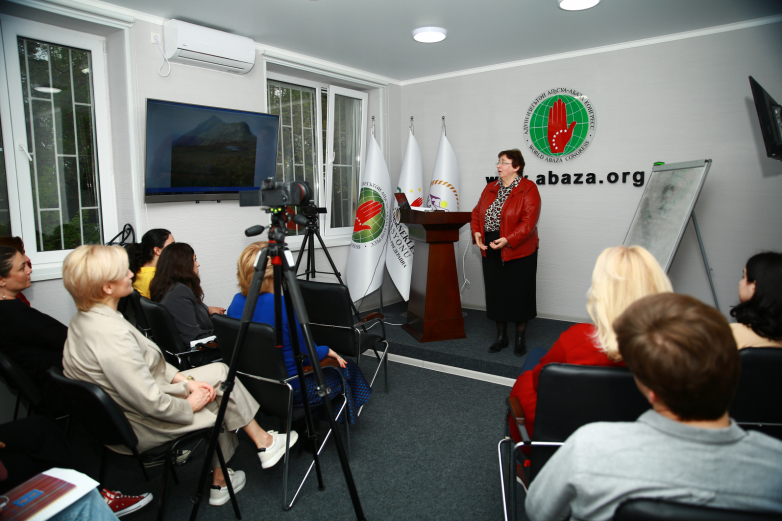
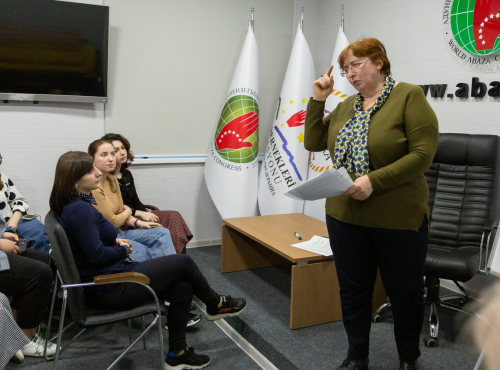
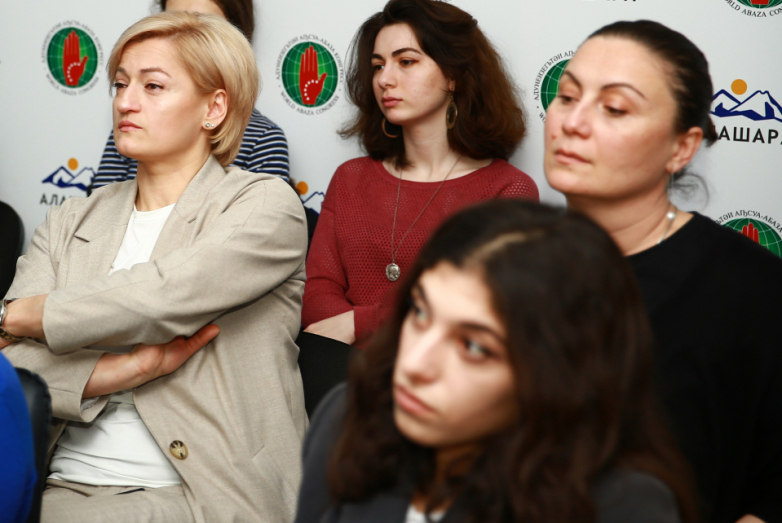
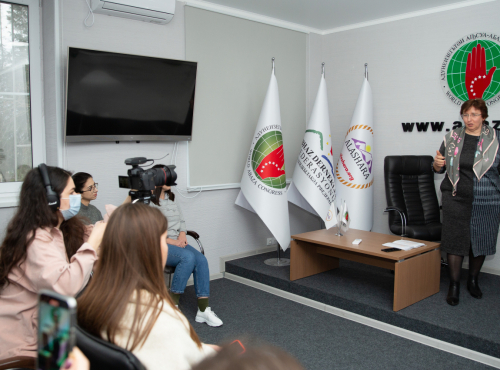
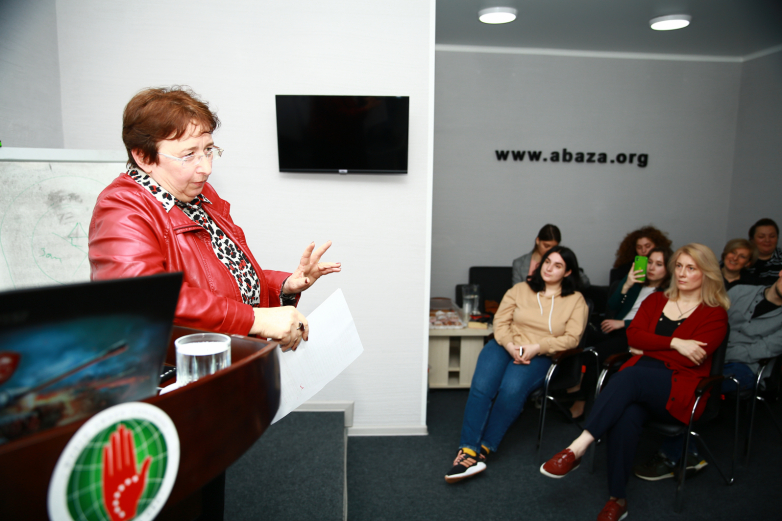
to login or register.